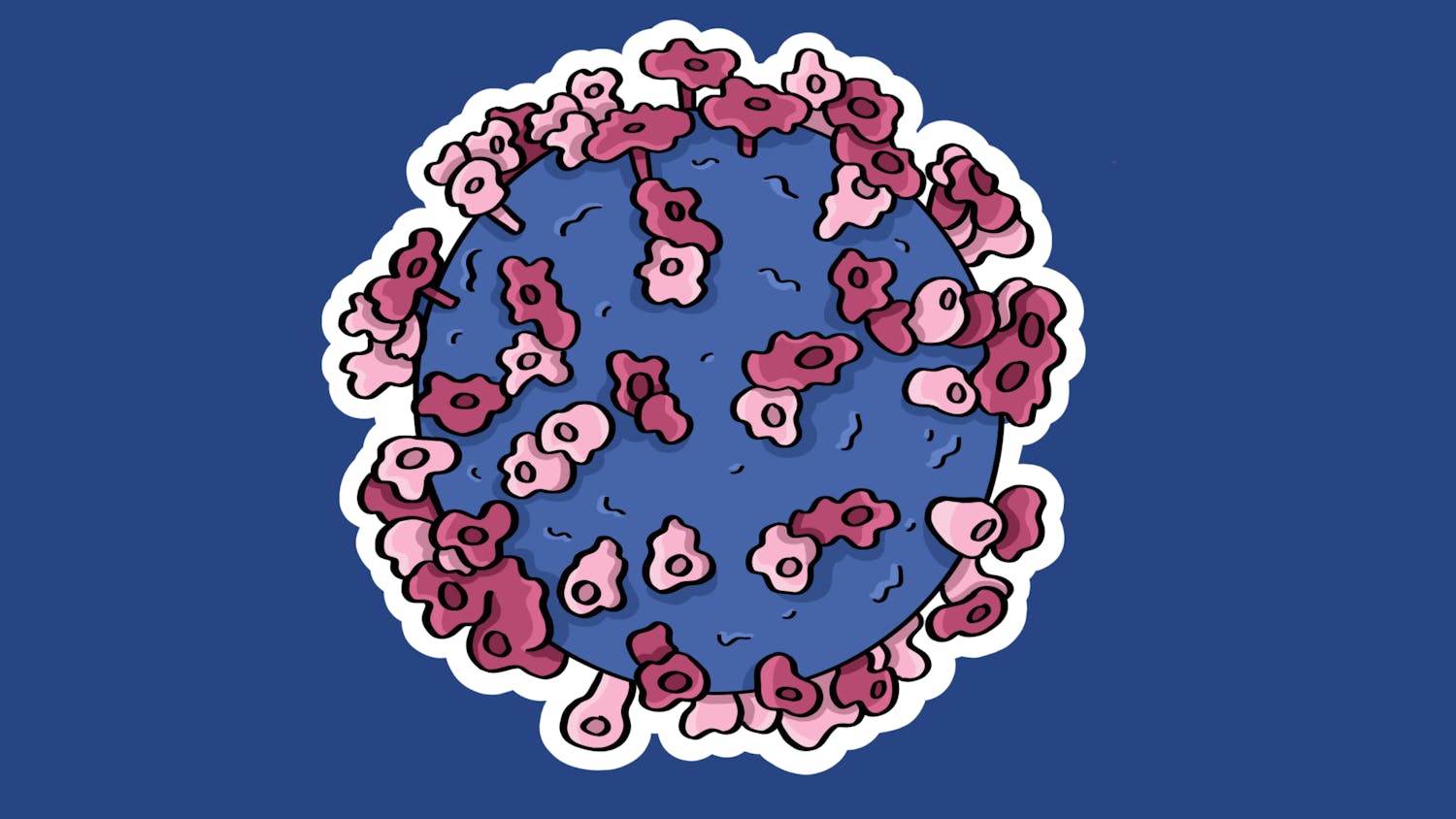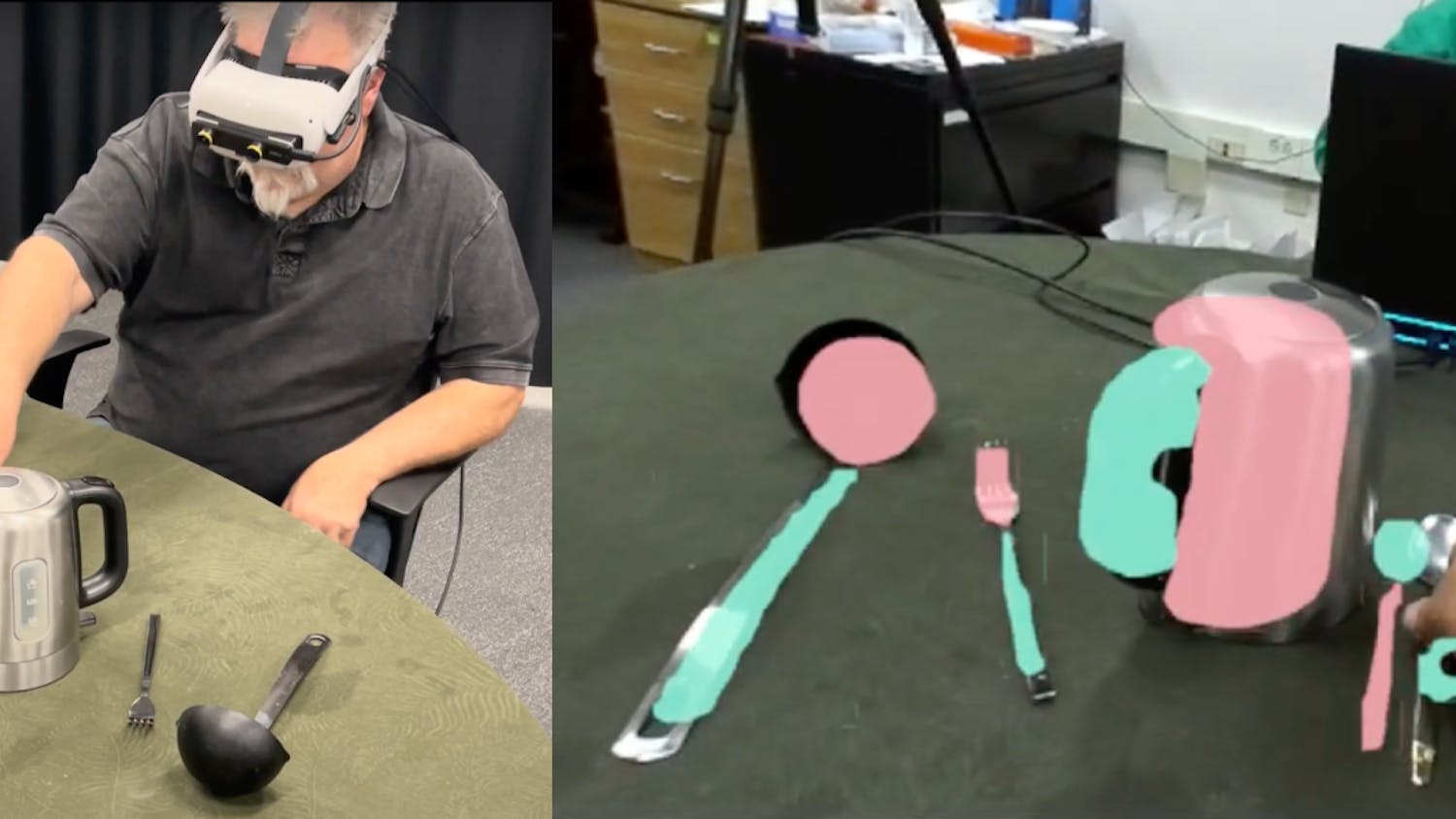Dear Ms. Scientist,
I’m thinking about getting a tattoo next week as a memory of my spring break vacation, and I was wondering, what makes them permanent?
—Kristin A.
You may thank your immune cells for making tattoos last forever — or for making them fade over the years. The small inflammatory response caused by the needle and ink at the tattoo parlor releases signals, called histamine and cytokines, to recruit macrophages to the site of action.
Macrophages are resident in your skin and consume foreign material. If your macrophages were to encounter something harmful, like a bacteria invading through a cut, they would become activated by your T-cells to digest and destroy the bacteria.
Fortunately, ink is an innocuous substance as long as you’re not allergic. Therefore, it does not alert a T-cell response like bacteria would and instead the macrophages continue to sit in your skin’s dermal layer with the ink inside them. This is how your tattoo avoids getting flushed away from your skin with other bodily fluids.
However, macrophages don’t live forever and will eventually die, releasing some of the ink along with cell debris. But don’t worry, because the new, young whipper-snapper macrophages are there to take up the ink that the old ones left behind, although some of it will be swept away. This process is responsible for how over decades the tattoo doesn’t look quite as sharp as it was when you first got it on the PCB boardwalk or the Las Vegas strip.
Ask Ms. Scientist is written by Corinne Thornton. If you have a burning science question you want her to answer, email it to science@dailycardinal.com.





